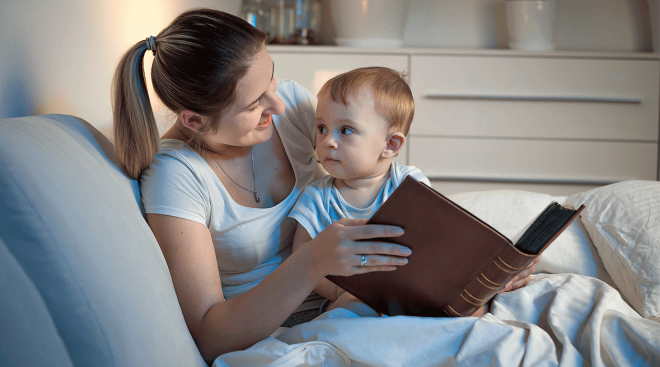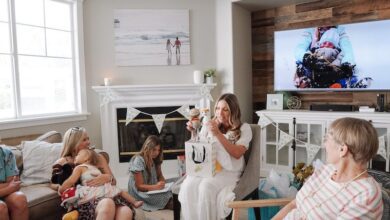Reminiscing with Toddler Helps with Language Skills

It might be time to get rid of the old photo albums and start reminiscing about the good days with your kids. A groundbreaking study has discovered a surprising link between nostalgia-filled conversations and preschoolers’ language development.
The new study published in Journal of Applied Developmental Psychology, into the world of reminiscence, exploring how conversations about past events shape young minds. What they found was surprising: preschoolers’ recall sessions rivaled, and sometimes exceeded, the quality of language found in traditional activities such as sharing a book or playing games.
As the study’s senior author Professor Erika Hoff explained at a university press release, “Reminiscence conversation is characterized by longer and more complex sentences than conversation in many other settings.” This natural conversational style, rich in vivid memories and colorful anecdotes, serves as a fertile ground for nurturing linguistic prowess in children.
To unravel the mysteries of reminiscence, researchers observed Danish parents engaging their 3- to 5-year-olds in various activities: recalling past events, sharing wordless picture books , and building with LEGO bricks. Through careful analysis of conversation transcripts, they discovered intriguing insights into parental speech patterns and children’s responses.
The results were clear: the reminiscence sessions produced a symphony of high-quality speech from the parents, similar to the eloquence found in book sharing. Moreover, these nostalgic dialogues boast more complex grammar and elicit more active participation from children compared to traditional play.
But while recall holds promise as a language booster, researchers caution against viewing it as a cure-all for educational disparities. Differences in parental speech related to educational level still persist, highlighting the need for targeted interventions to level the playing field.
“Commemoration is good, but it’s not a magic bullet that closes social and educational gaps,” Hoff said. Moving forward, future research should focus on bridging these gaps and finding innovative ways to enrich the language experiences of all children, regardless of their background.
So, parents, take a trip down memory lane with your kids—it just might be the key to unlocking a world of linguistic wonders and cherished family moments.





